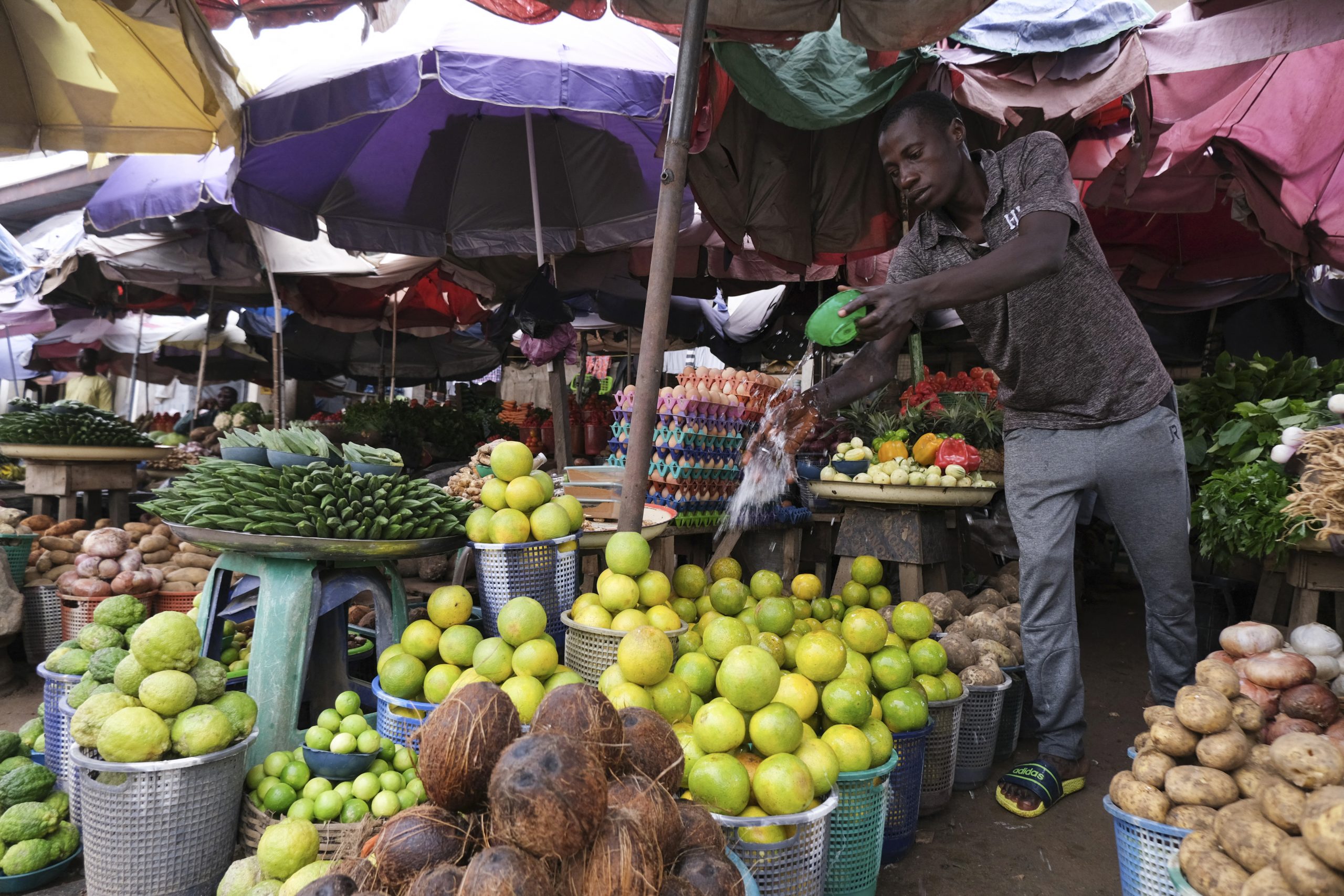
Sir: Although Lagos as a coastal city and the commercial nerve centre of Nigeria has limited supply of land for agricultural purposes, its ever-increasing population has made it crucial to consistently innovate to meet the food needs of residents. With a population estimated in excess of 22 million, and more land occupied by water than arable ones, Lagos has a peculiar food security challenge.
Lagos, the smallest state in Nigeria in terms of land size, relies massively on food importation and mutual collaboration on production with other states to ensure food sustenance for its population.
Faced with this challenge, the state government led by Mr. Babajide Olusola Sanwo-Olu, developed critical strategies to stimulate food security. Essentially, part of the plan is to treat agriculture as a business venture by concentrating on value chains, where the state has comparative advantage. The government has developed strategic partnerships that would stimulate investment in the food sector.
The main goal is to deliberately develop an agro-economy that would serve the purposes of producing sufficient food for the growing population, as well as developing a smooth-running agriculture sector that would truly transform the state into a 21st century financial hub.
The government through a five-year food security road map, which was inaugurated in April 2021, by the governor, is one of the audacious agricultural growth plans that will enhance food sufficiency. The road map is expected to activate a sustained public and private sectors’ investment in agricultural value chains, give Lagos comparative advantages in the sector and enhance its self-sufficiency potential in food production from the current 18 per cent up to 40 per cent.
Sanwo-Olu recently observed that the state can no longer rely exclusively on production alliances with other states, stressing that it was time to unlock its agricultural potential by implementing the five-year road map. Part of the strategies is to focus on leveraging technology to grow the agriculture upstream sector through interventions capable of lowering cost of production in identified value chains such as fisheries, poultry, piggery, rice, vegetables and others.
The plan also includes deliberate actions to grow the mid-stream and downstream sectors, enhance the food value chain in processing, handling, storage, cold-chain, packaging, utilisation and commercialisation.
During the launch of the agricultural road map, the governor, on the occasion, deployed massive agricultural investment that empowered about 3,000 urban and rural farmers in key sectoral value chains. The beneficiaries included women, youths and peasant farmers, who were selected through a merit-based system anchored by independent associations of farmers across the state.
It is expected that with the support of all stakeholders, in the coming years, concrete dividends of the government efforts in the agriculture sector would become more evident for all residents and Nigerians to see.
Tunde Alao wrote from Lagos.






